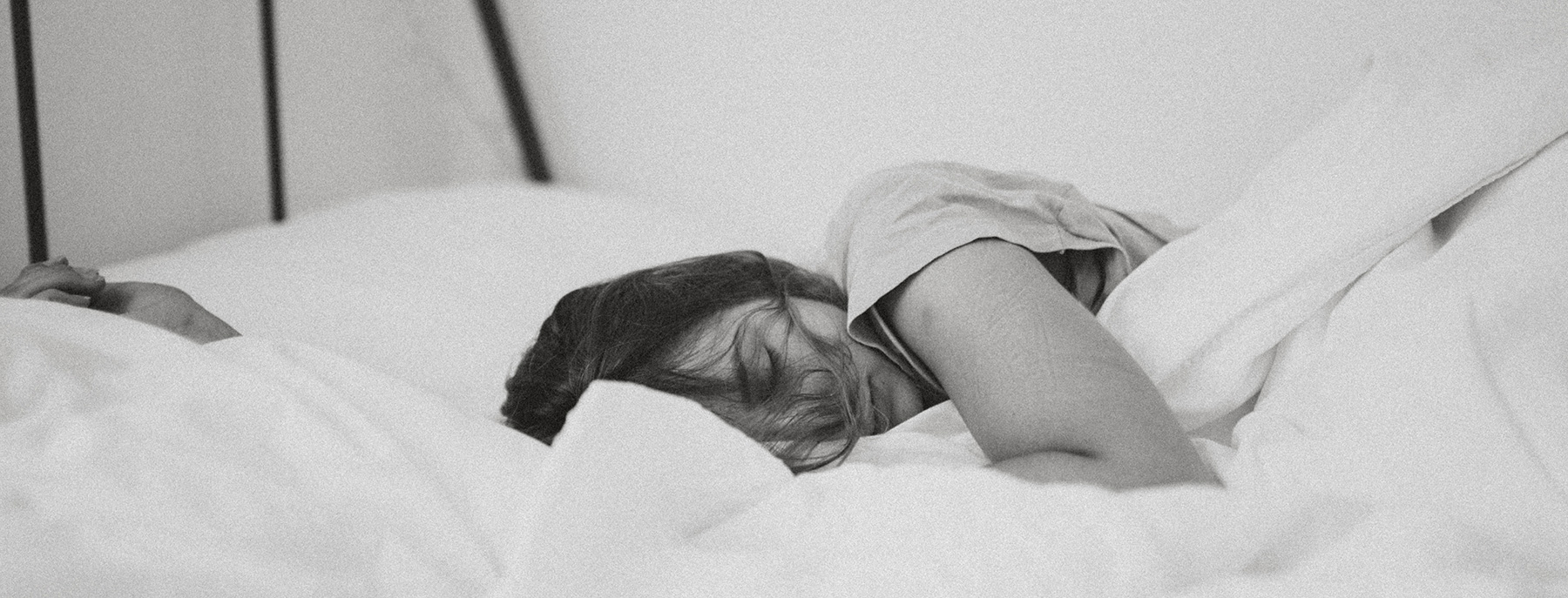
The importance of sleep for a healthy lifestyle
Sleep is the period of inactivity and absence of waking consciousness during which the body comes to rest. Sleep has a number of subjective characteristics such as good, bad, deep and shallow. Contrary to popular belief, there is no set standard for the number of hours of sleep. It varies by age and activity. Babies sleep around 18 hours a day in the beginning of their lives, because growing takes a lot of energy. From this point on, the need declines slowly and stops at 8 to 9 hours in adults.

Sleep phases
1. Slumber phase
This is the phase when you begin to fall asleep, but are still awake. Your eye movement decreases, your eyes become more tired, your brain activity slowly decreases. You end up in the next phase.
2. light sleep
You sleep, but very lightly. You can still be easily awakened and are still reasonably aware of your surroundings.
3. Deep sleep
Next, you enter your deep sleep. During this sleep, you are much less sensitive to environmental sounds and activities and when you are awakened from this sleep, you are often disoriented and don’t quite know where you are.
4. Brake sleep
During your sleep you go through different phases. The REM sleep is the best known sleep phase. It is called REM sleep because it is short for Rapid Eye Movement. On average, we spend 15% of our sleep in this so-called REM phase. This deep sleep is the sleep in which your body and mind recover. That is why babies spend up to 70% of their sleep in this phase. During this sleep, your temperature, heart rate and breathing drop and your body focuses entirely on recovery.
Sleep cycle
You go through the 4 sleep stages several times a night. Each sleep phase lasts between 90 and 120 minutes each time. This varies per person. That is also the reason why one person can proceed to the next with fewer hours of sleep; if you return to your REM phase faster, you will need fewer sleep cycles to recover properly.
The influence on your sports performance
We can go longer without food and drink than we can without sleep. The consequences of sleep deprivation are often underestimated. Common complaints are forgetfulness, poorer vision, decline in attention and concentration and you become hungry. For a long time it was thought that if we would just put as much strain on the muscles as possible (training), they would automatically become stronger and better. Many years and research later, this was not the case. When you start training again too soon, the muscle has not recovered yet and you actually bring damage upon damage. The trick is to work the muscle a little more than the training at exactly the right moment to achieve maximum growth. This is called progressive overload. In general, the muscle recovers much faster than many people think. For men this is on average after 36 to 48 hours, for women this is already after 24 hours. This is because women can’t give the same load to a muscle group as men, so the muscle, but also the other tissue such as tendons and joints are less loaded. Important is also the quality of your sleep, the better it is, the better your body recovers. Therefore, it is important not to train too late. During training the temperature of your body goes up, while for a good night’s sleep it should go down, to lower your heart rate and breathing. You also produce more adrenaline, which takes you out of sleep for longer.
Screen time has a bad influence
It’s common knowledge by now, but the biggest culprit of our sleep deprivation is screens and the associated blue light. By spending more and more time in a dark environment, your body produces melatonin which makes you sleepy and easy to fall asleep. As long as you keep peering at a screen, your brain doesn’t realize it’s evening, and your brain stays active through everything it sees. Now glasses have been invented that filter out this light, this may contribute to the type of light, but not to brain activity.


